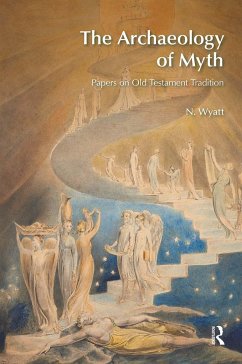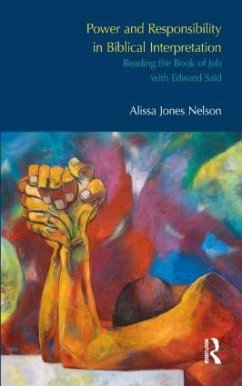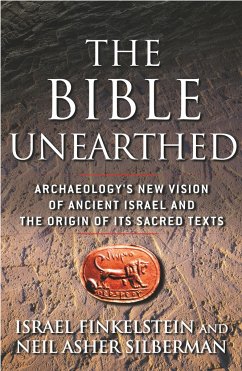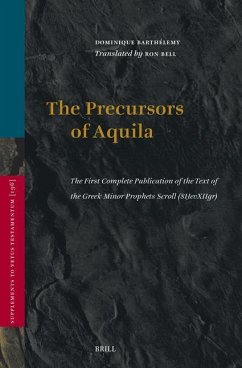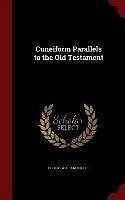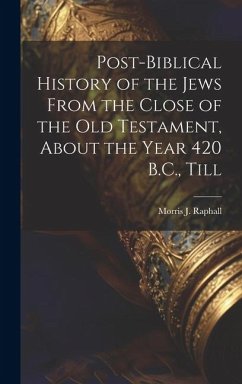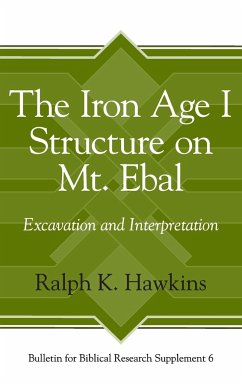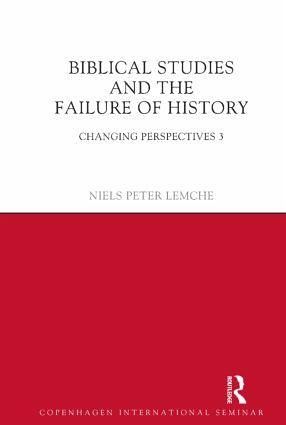
Biblical Studies and the Failure of History
Changing Perspectives 3
Versandkostenfrei!
Versandfertig in über 4 Wochen
205,99 €
inkl. MwSt.
Weitere Ausgaben:

PAYBACK Punkte
103 °P sammeln!
The idea of the Old Testament as a source of historical information was replaced by an understanding of the texts as a means for early Jewish society to interpret its past. 'Biblical Studies and the Failure of History' brings together key essays which reflect the trajectory of this scholarly shift.




